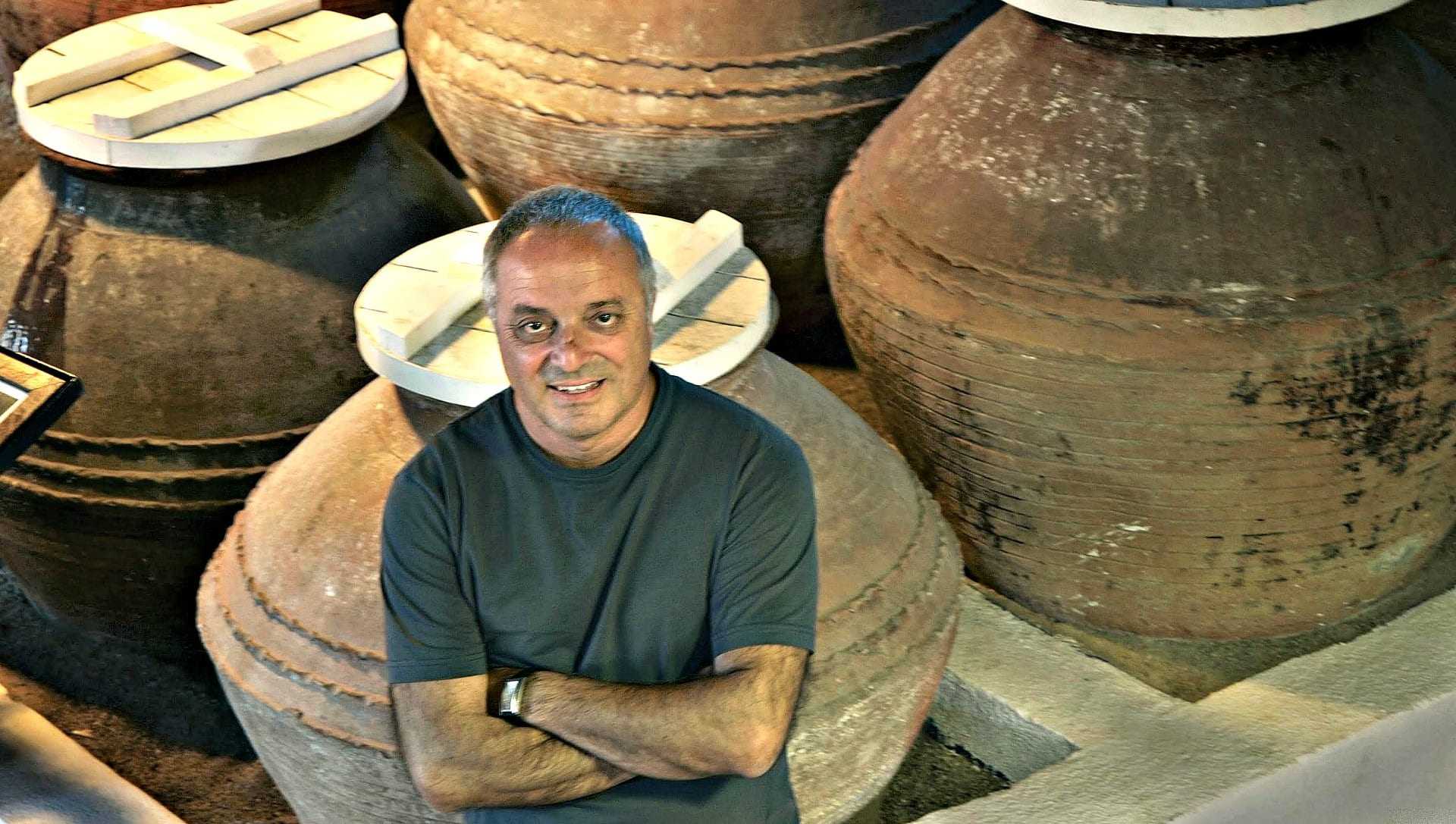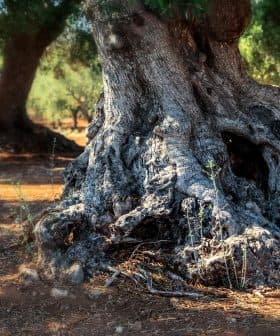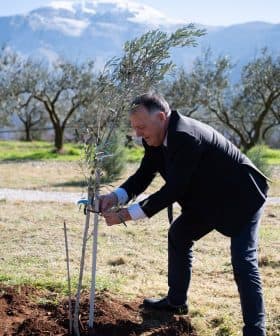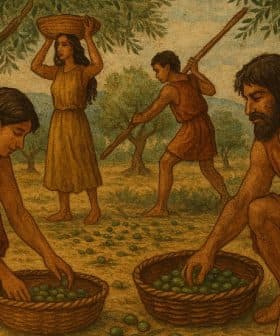Turkey's Olive Trees Threatened by Draft Law
If the new law gets the green light, any olive grove housing less than 15 trees per decare (2.5 acres) will not be classed as an olive grove and be put at risk for redevelopment.
Proposed changes to “The Olive Law” in Turkey could result in thousands of olive trees being cut down to make way for mines, industrial projects, and housing schemes, endangering traditional olive groves along the Mediterranean and Aegean coasts. The draft amendment would redefine what constitutes an olive grove, potentially leaving many small farmers vulnerable to losing their land, sparking public opposition and a petition called “Don’t touch my olive tree” with over 18,000 signatures.
Proposed changes to “The Olive Law” which has protected Turkey’s olive trees since the 1930’s could result in thousands of trees being cut down and olive groves replaced by mines, industrial projects and housing schemes deemed to be “public benefits” if a draft submitted on 17th May moves forward.
If this law passes then all our and fellow villagers’ olive groves will be in danger.
Haluk Yurtkuran, co-founder and president of Adatepe Olive Oil and an Olive Oil Museum in the Çanakkale province of Turkey told Olive Oil Times, “it is a draft law which will definitely kill ages-old olive trees on the Mediterranean and Aegean coast of Turkey by allowing mining, industrial and housing projects on olive groves.”
Under existing law (Article 9 Law No. 3573) olive groves are expected to have no more than 15 trees per decare (1,000 square meters, or approximately 0.25 acres). If the new law gets the green light, any olive grove housing less than 15 trees per decare will not be classed as an olive grove.
Yurtkuran said, “This is the most critical point of this draft because all the olive groves in the Mediterranean and North Aegean regions of Turkey have very old trees which were planted traditionally 10 meters x 10 meters according to old know-how. So in most of the olive groves, the number of olive trees are naturally less than 15 per decare.
Furthermore, until recent times, the land is divided among the inheritors in very small pieces of land. Now, this rule has been changed but thousands of small farmers have very small scale groves. So with this new law, their groves will be under threat of not being counted as olive groves anymore and treated as ordinary fields.”
Currently, olive growing land is “protected” from any industrial activity other than olive oil production. This encompasses the grove and land within a three-kilometer radius. According to Yurtkuran, many small olive groves have been encroached upon by industrial, mining and housing projects. Yurtkuran believes the new law would pose a threat to larger groves, where there was a “public Benefit” in letting industrial plants, mines, and other activities move in.
Adatepe lost its biggest olive grove to nationalization. Yurtkuran explained, “Our biggest piece was nationalized a few years ago just because of a highway construction which would pass through our grove.” When the company objected they were told there was a “public benefit” from the project.
In the widest and most public demonstration of opposition to date, the Turkish group “The Friends of Olives Association” (Zeytindostu Derneği) have launched a petition called, “Don’t touch my olive tree.” Over 18,000 people have signed the petition and the organizers hope to collect one million signatures against the proposed draft.

Haluk Yurtkuran
Prior to this campaign, local communities, the general public and associations including the National Olive and Olive Oil Council and The Friends of The Olive Association have voiced their opposition to the proposed new law through seminars, protests and on social media platforms.
The government, now in its fourth term in office, first attempted to change the olive law in its second term. Fears have been expressed that the government is stronger and more confident in getting the draft passed following April’s approval of the presidential regime.
Yurtkuran told Olive Oil Times, “If this law passes then all our and fellow villagers’ olive groves will be in danger. Our company may have difficulty obtaining local product due to diminishing olive production in the region and will be obliged to purchase olives from the big plantations from different regions of Turkey.
This will affect our advantage of producing olive oil from the olives picked from our neighborhood which we believe has the best micro-climate affecting the taste of the oil.”
Under current Turkish law, anyone who unlawfully cuts down an olive tree faces a fine of 2,000 Turkish Lira ($560) per tree. The draft amendment aims to remove the three-month prison term for unauthorized animal grazing on olive land; offenders would instead be fined 5,000 TL (around $1,400).
Adatepe teamed up with other farmers, olive oil companies and NGO’s to raise public awareness and save Turkey’s olive trees. The company was active in preventing gold mines moving into their neighborhood. Visitors to Adatepe’s olive oil museum are reminded that “Olive is the real gold of this land” via posters on the walls. They are informed about the dangers posed by the draft law in explanatory leaflets.
The “Don’t touch my olive tree” petition can be signed at Change.org.









